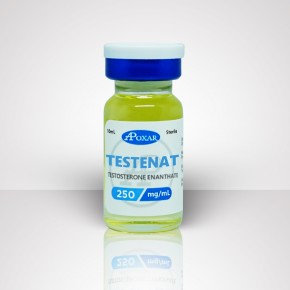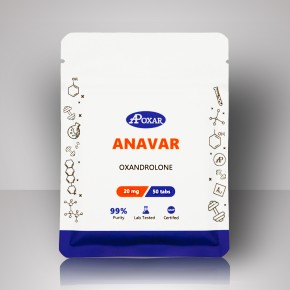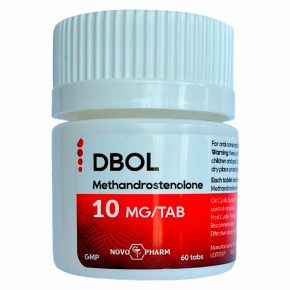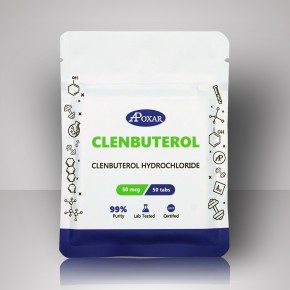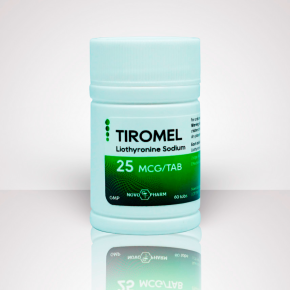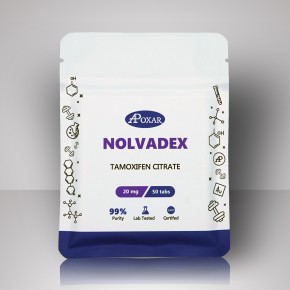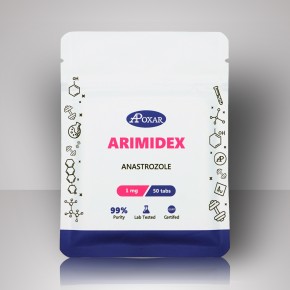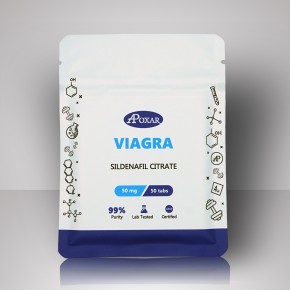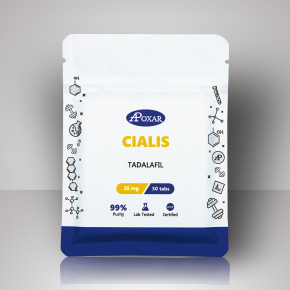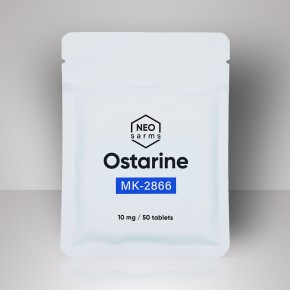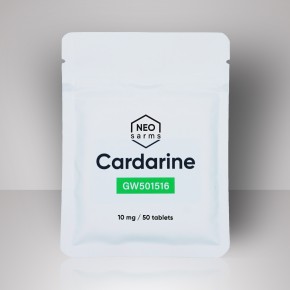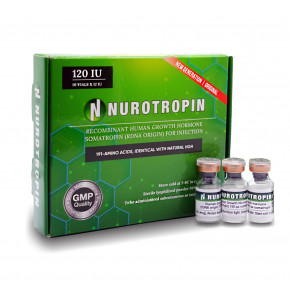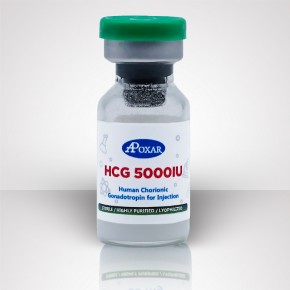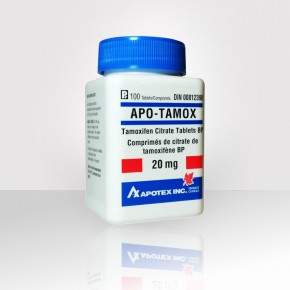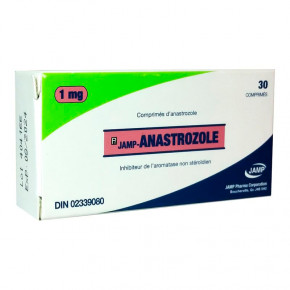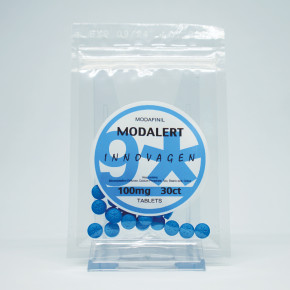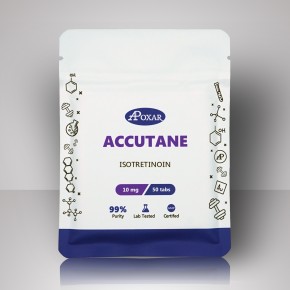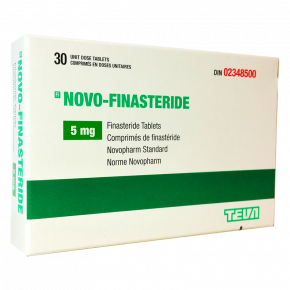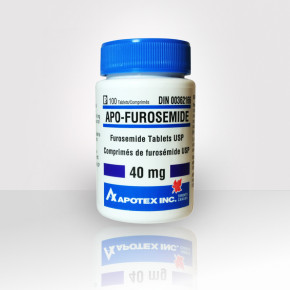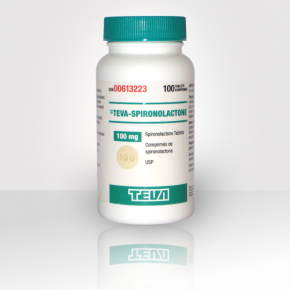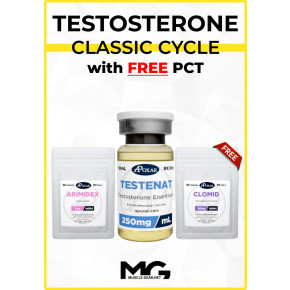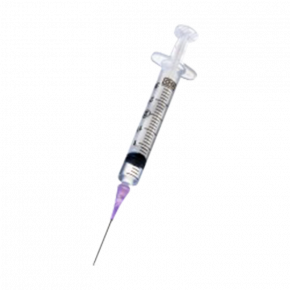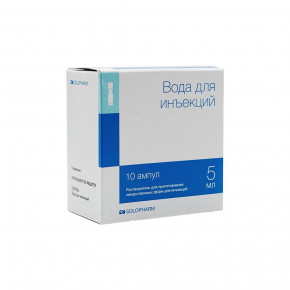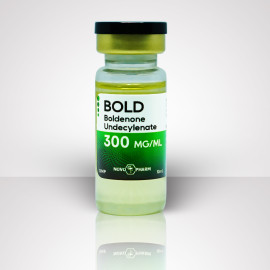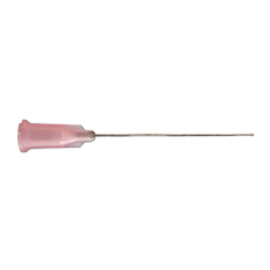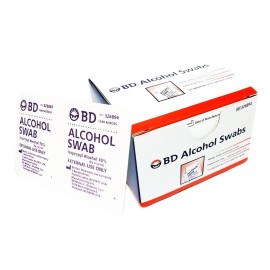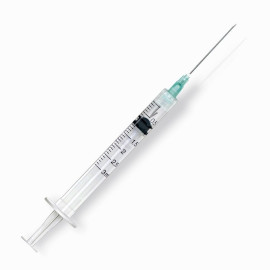What is Testosterone Undecanoate
Testosterone Undecanoate is one of the longest-acting Testosterone esters available on the market today.
While Enanthate or Cypionate offer just a week of sustained release, Propionate is limited to 1-2 days, the Undecanoate version of the male sex hormone can last up to 4,5 weeks on a single injection.
This reduced injection frequency makes Testosterone Undecanoate a perfect TRT compound for those who want to make as few injections as possible, with the most resultative achievable outcome in terms of muscle mass, sexual health and overall feel.
How Does Undecanoate Ester Work
Testosterone Undecanoate is released into circulation slowly after it undergoes hydrolysis.
Once bound, testosterone stimulates androgen receptors which encourages secondary male characteristics and muscle protein synthesis.
This ultra-long ester allows more stable hormone levels with fewer injections than those used in short esters. Simple as that.
Testosterone Undecanoate Effects and Benefits
Testosterone Undecanoate has a half-life of approximately 20-33 days, depending on personal response to the compound.
It's usually used as a TRT option for men with low testosterone levels. In higher doses, as any other test ester, it's associated with side effects such as acne, increased body hair growth, voice changes, and cardiovascular risks.
On the positive side, with this ester you can expect:
- Increased duration of testosterone boost;
- Increased and more comfortable dosing interval;
- Notable muscle hypertrophy;
- Increased strength and faster recovery;
- Improved mood and libido;
- Less fluctuations in T levels.
Testosterone Undecanoate’s extended half-life makes it a convenient no-brainer choice for those who want consistent, steady results.
How to Take Testosterone Undecanoate for TRT
Dosage: Weekly intake of approximately 200-400 mg is normal. A few times every 2 or three weeks, spaced out injections are required due to the long half life of Undecanoate ester.
Advice: Some doses may be too high while others too low, a more consistent lab supervision will help adjust the doses to accurate levels.
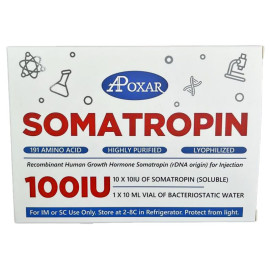

 Trusted by 50,000 Customers
Trusted by 50,000 Customers